- Oct 27, 2006
- 1,129
- 186
- Country
- Australia
- Faith
- Other Religion
- Marital Status
- Married
Last year I published a book/ebook - you can read it online here:
An Uncensored Guide to the Christmas Stories
The "Prophecies fulfilled" can be divided in a few categories - the virgin birth, the journeys and the genealogies.
The only thing the journeys and genealogies agree on are what is mentioned in the prophecies - and the genealogies agree on the names before King David. It seems to me that both writers started with those prophecies then they fleshed out the details in their own ways.
There are a lot of other problems I mention in my short book (about 30 pages).
I also have a web page that shows the two stories in parallel:
The Bible's two Christmas stories told in parallel
So far I haven't come across a successful attempt to combine the two stories in a non-problematic way - particularly the part where they go from Jerusalem to Nazareth at the end of Luke.
I suspect that I would be able to address just about any response to this by referring back to the book.
An Uncensored Guide to the Christmas Stories
Overview of the Stories
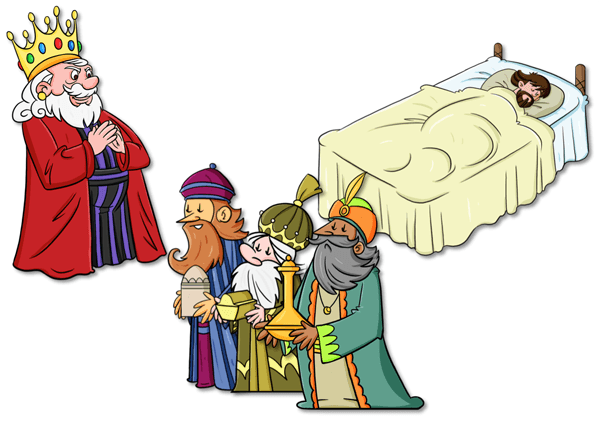
Matthew's Christmas story is about kings, wise men and dreams. It involves a journey from Bethlehem to Egypt and then to Nazareth.
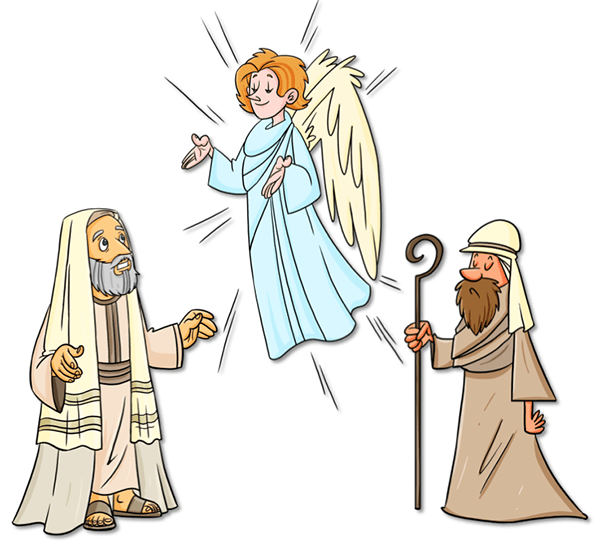
Luke's Christmas story is about priests, angels and shepherds. The journey begins in Nazareth, includes a trip to Bethlehem for a census and after visiting Jerusalem, they return to Nazareth.
What's the Same...
There are only a few basic ideas in the Christmas stories that Matthew and Luke agree on.
Prophecies fulfilled
Other similarities
- A virgin will give birth to the Messiah (Isaiah 7:14)
- The Messiah would come from Bethlehem in Judea (Micah 5:2, John 7:41-42)
- The Messiah would come from Nazareth in Galilee (Matthew 2:23)
- The Messiah would be a descendent of Abraham (Genesis 12:13)
- The Messiah would be a descendent of King David (2 Samuel 7:12-16, Psalm 89:3-4, Isaiah 9:7)
- The Messiah would be a descendent of the governor Zerubbabel and his father Shealtiel (Haggai 2:23)
And that's about it!
- Herod the Great was ruling
- Mary was betrothed to marry to Joseph
- An angel (or a dream about an angel) told someone about the pregnancy and instructed them to call their son Jesus
- They had visitors at night in Bethlehem
The "Prophecies fulfilled" can be divided in a few categories - the virgin birth, the journeys and the genealogies.
The only thing the journeys and genealogies agree on are what is mentioned in the prophecies - and the genealogies agree on the names before King David. It seems to me that both writers started with those prophecies then they fleshed out the details in their own ways.
There are a lot of other problems I mention in my short book (about 30 pages).
I also have a web page that shows the two stories in parallel:
The Bible's two Christmas stories told in parallel
So far I haven't come across a successful attempt to combine the two stories in a non-problematic way - particularly the part where they go from Jerusalem to Nazareth at the end of Luke.
I suspect that I would be able to address just about any response to this by referring back to the book.

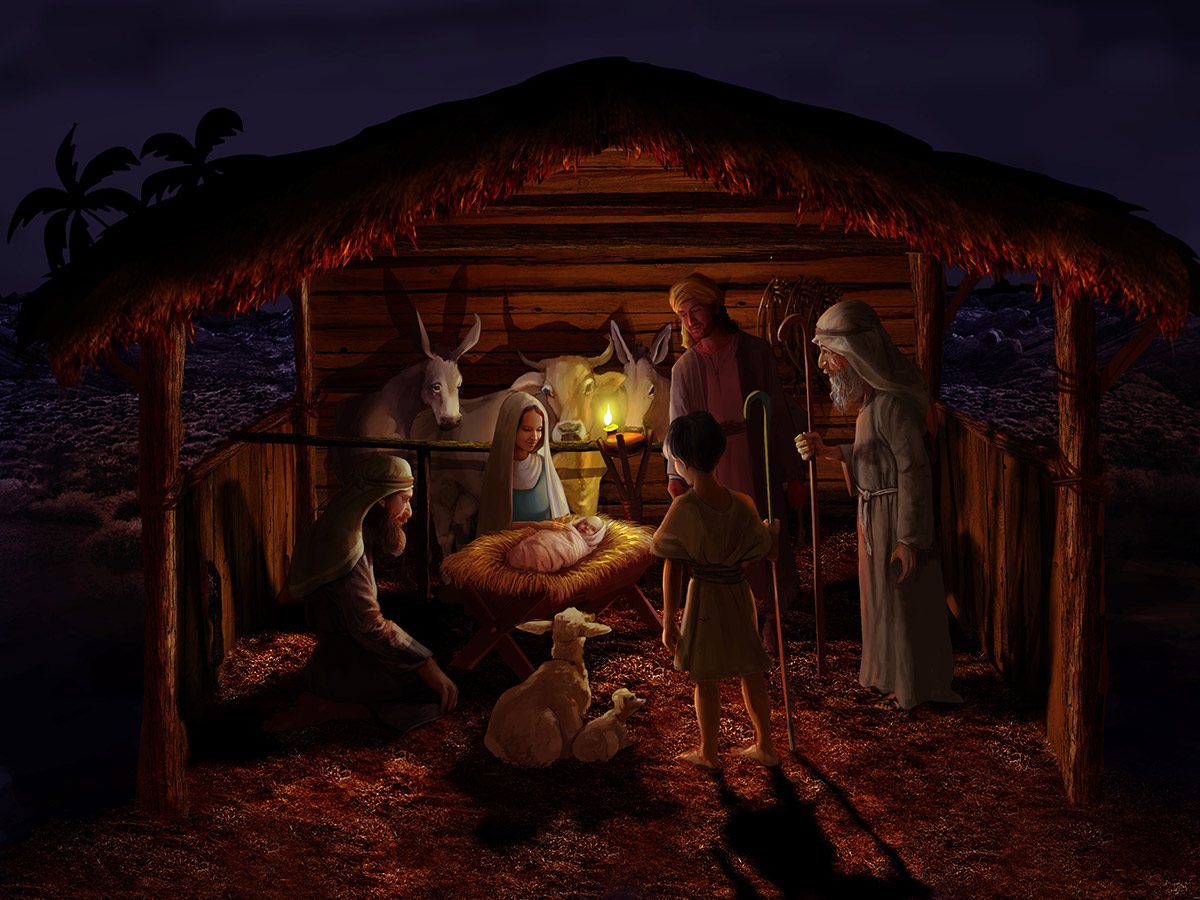
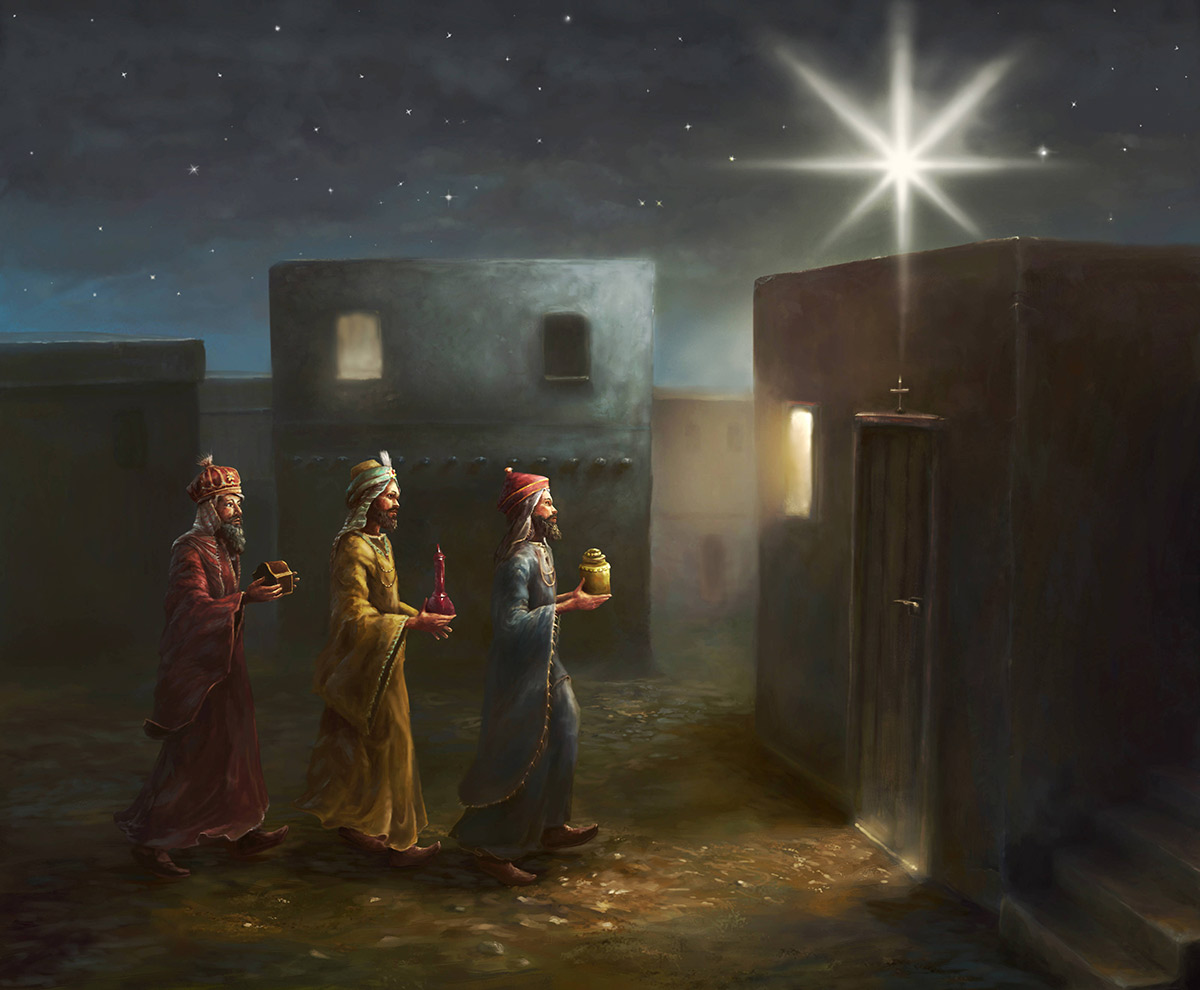
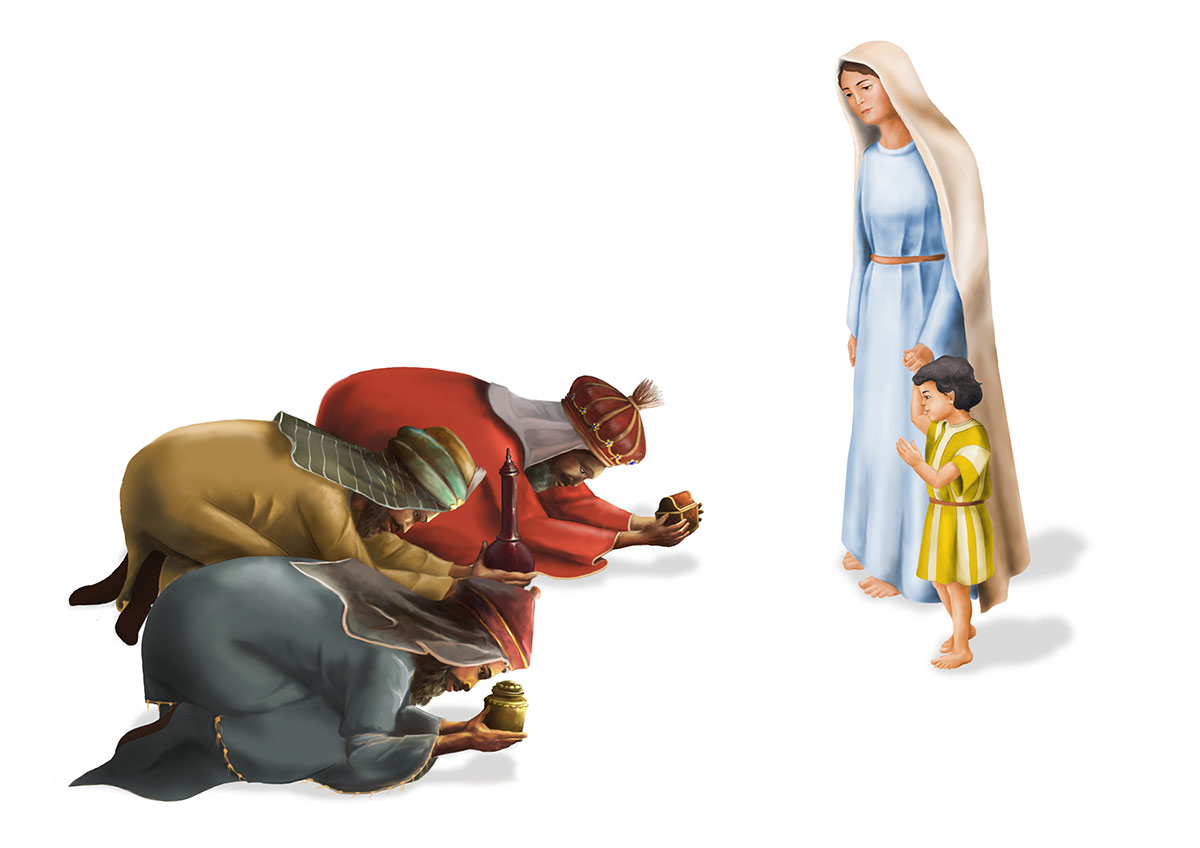
 [Note: I'm not laughing at you, John. I'm laughing at the supposed problem.]
[Note: I'm not laughing at you, John. I'm laughing at the supposed problem.]